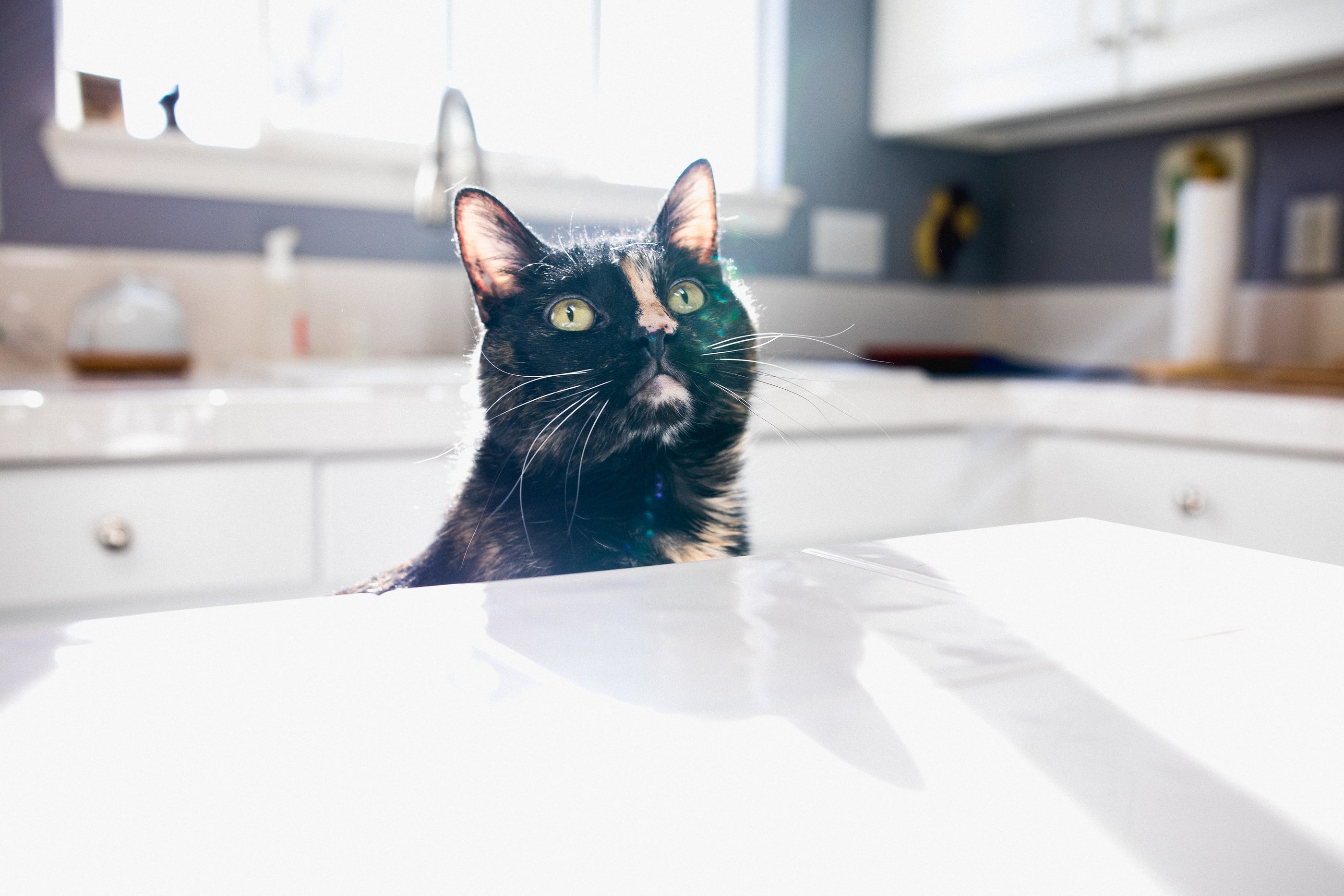Your cart is empty. Let's fix that!


Is your cat sniffing their fresh meal and just…walking away? There are many reasons your cat might be refusing to eat, and thankfully there are strategies you can try to get meal time back to normal.
Did you just change the type of food you feed your cat? A change in flavor, texture, or even temperature might make your cat refuse to eat. If their new fancy raw food requires refrigeration when they’ve been used to getting room temperature wet food from the pantry, that small change might be enough to make a fussy eater shut down.
If their food has stayed the same, you have to consider other possibilities. Are they getting too many tempting treats from you or friendly neighbors? In that case, their kibble might not seem as exciting as usual. Have you had your bag of dry food for a long time? Your cat’s sensitive nose will know that food is spoiled long before you can smell anything. Even changing your cat’s food bowl might be enough to turn them off their favorite food—no one can say cats aren’t high maintenance.
We’ve got some go-to fixes when your cat won’t eat. Take a look at the list below and start testing the methods you think are most likely to help your cat, but don’t be surprised if it takes a few tries. You know your cat better than anyone else, but even our best friends can surprise us every now and again!
And don’t forget the simple fact that every picky eater has their favorite food!
Some people just hate brussels sprouts, no matter how many times people insist they’re tasty! The same rule applies to your cat. It’s a good idea to test a few types of foods to see if there’s one that gets them pumped for their dinner.
Some kitties love the crunch of dry cat food, while other cats prefer the moisture and fresh meat in wet cat food. You can even combine the two, using wet food as a topper to make kibble more tempting. Try switching up the proteins and you might find that your cat is a chicken fan and has never really liked seafood (gasp).
A little bit of picky eating isn’t a major cause for alarm, but there are warning signs to look out for. If your cat exhibits behavioral changes, consistently eats much less food, or stops eating cold turkey, you should call your vet. If your cat has stopped eating for a full 24 hours or more, it’s important to take them in for a visit because poor nutrition can cause a harmful liver condition called hepatic lipidosis.